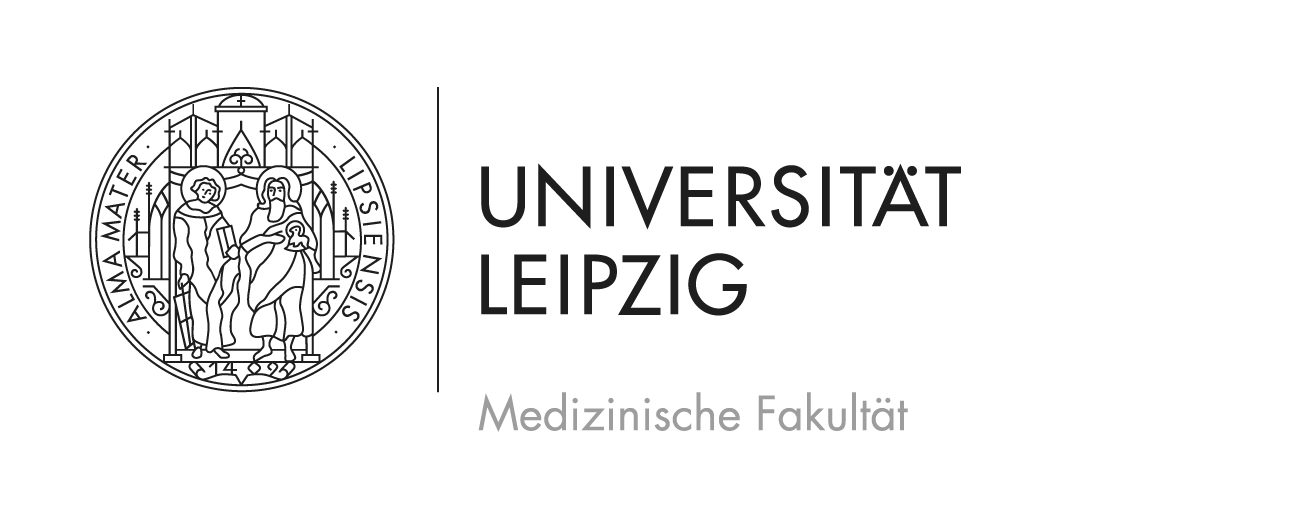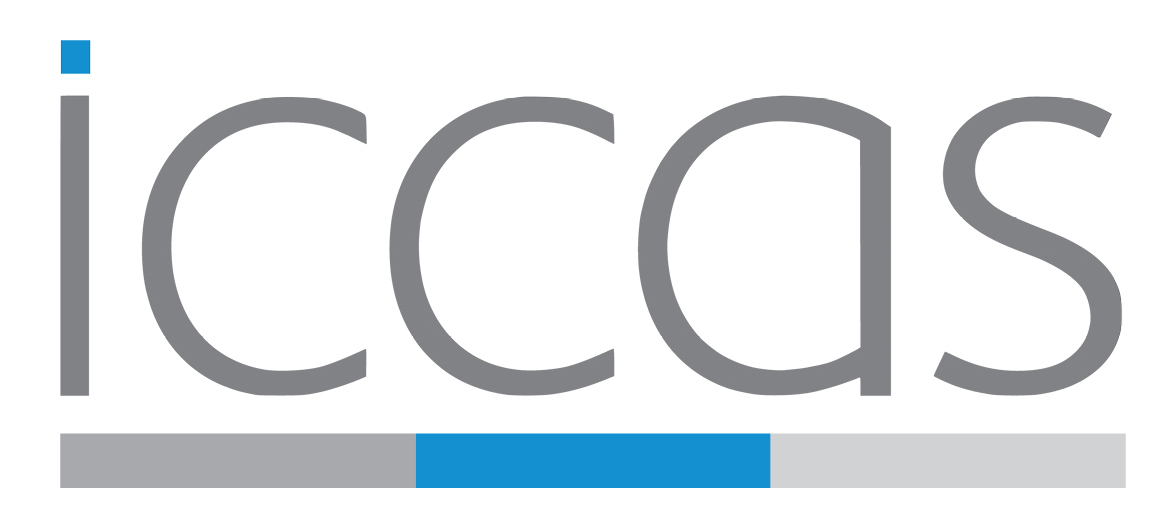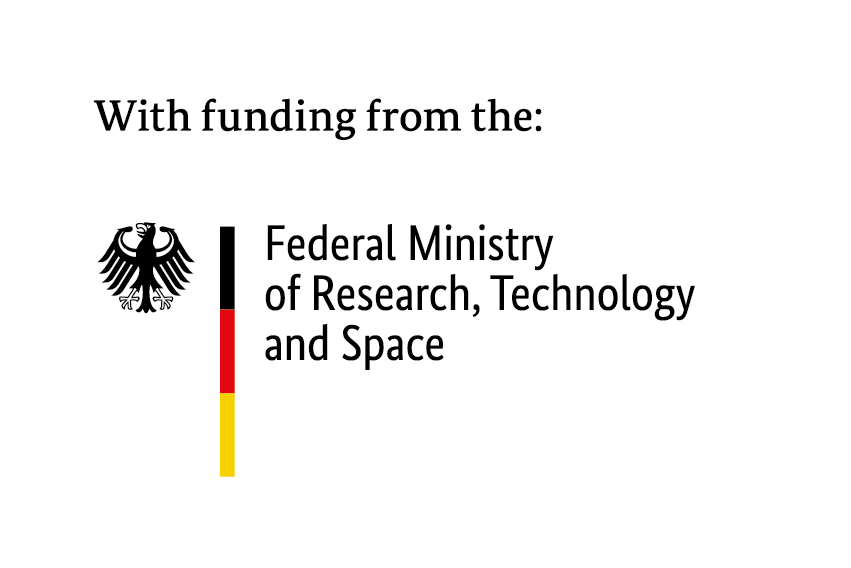

Model-based medicine and intelligent operating room
Prof. Dr. Thomas Neumuth

The DaDriv-StAC project aims to develop a digital platform that enables data-driven decision support in the aftercare of stroke patients. The focus is on researching and applying the innovative concept of virtual medical twins. These will integrate and analyse complex health data from different sectors – such as acute hospitals, rehabilitation facilities and the outpatient sector – and compare it with standardized and individual treatment paths. Artificial intelligence (AI) will be used to derive treatment recommendations that support personalized and guideline-based treatment throughout the entire course of care.
As stroke aftercare is particularly challenging due to individual risk factors, secondary diseases and long-term restrictions such as paralysis or speech disorders, DaDriv-StAC aims to improve cross-sector networking and continuous therapy monitoring. To date, there has been a lack of corresponding technological platforms that dynamically update, network and evaluate health data in a meaningful way for those treating patients. The project is the first to implement the concept of a dynamic virtual twin in stroke aftercare, which continuously adapts to the course of treatment and thus enables data-based feedback to practitioners and patients.
Leipzig University Medicine (UML) is playing a central role in this. Together with Actimi GmbH, it is developing the platform and conducting a clinical feasibility study to evaluate acceptance, effectiveness and practicability. In addition, the data collected will be used for medical quality assurance and process optimization.
The technological core of the project is the creation of a new data model that integrates medical, clinical and subjective patient data (e.g. PROMs/PREMs). Based on this, new analysis and decision-making methods will be developed that enable a more precise assessment of risk factors and the comparison of individual progressions with optimal treatment paths.
The project thus addresses key challenges facing the healthcare system: it aims to close information gaps, improve treatment quality and contribute to more efficient, personalized care in the long term. The results will be both scientifically published and prepared for later commercial scaling.
DaDriv-StAC meets the objectives of the funding line for the development of data-driven decision-making and support systems in the healthcare sector and makes an important contribution to digitalization and innovation in medical care.

Um dir ein optimales Erlebnis zu bieten, verwenden wir Technologien wie Cookies, um Geräteinformationen zu speichern und/oder darauf zuzugreifen. Wenn du diesen Technologien zustimmst, können wir Daten wie das Surfverhalten oder eindeutige IDs auf dieser Website verarbeiten. Wenn du deine Zustimmung nicht erteilst oder zurückziehst, können bestimmte Merkmale und Funktionen beeinträchtigt werden.